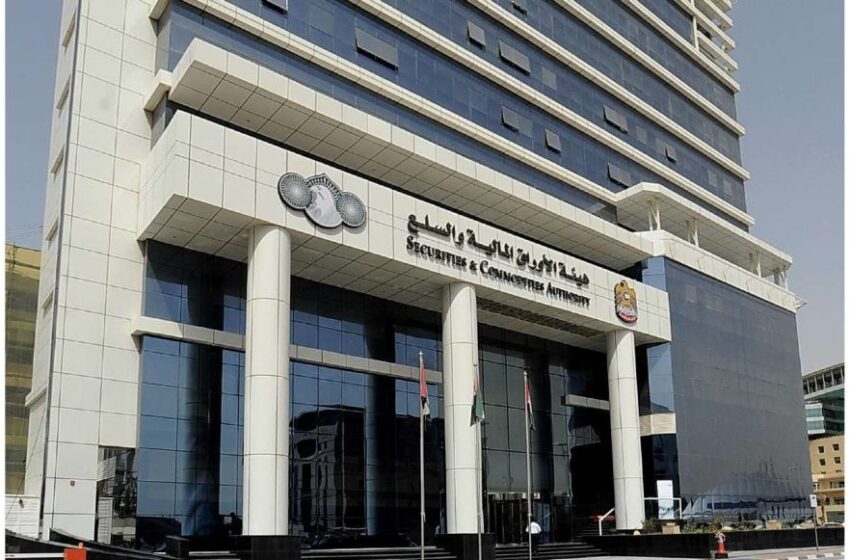
GCC Financial Markets Adopt Framework for Fund Passporting
In a new move to enhance integration between the Gulf financial markets and simplify cross-border investments, the financial market authorities in the Gulf Cooperation Council (GCC) have adopted a regulatory framework for fund passporting.
They also approved passporting regulations for member states during the 29th meeting of the GCC Committee of Heads of Financial Market Authorities. The regulations are scheduled to take effect in early 2025 in the Gulf states that have completed the legislative procedures, the UAE’s Securities and Commodities Authority (SCA) said.
The draft regulations are an important component of a strategy aimed at achieving comprehensive integration between the GCC financial markets. They were developed to promote cooperation among member states and facilitate cross-border investments.
They also mark a ground-breaking step towards regulating the registration and promotion of investment fund units, which are the first financial products to be regulated under a unified framework at the GCC level.
This demonstrates the commitment of the GCC states to creating a secure and fully integrated financial environment. The draft regulations help enhance the attractiveness of the GCC states as a prime destination for investors by establishing a simple and convenient regulatory framework for investment funds operating across GCC borders.
This framework will also help streamline processes and expedite procedures, thereby opening up a wealth of investment opportunities within the GCC financial markets.
Addressing Key Aspects
Developed by a joint team of legal and technical experts from the GCC financial market authorities, the new regulations address key aspects of registering and promoting investment funds across the GCC states. They cover fund registration procedures and the terms and conditions that funds should meet.
The regulations aim to ensure that investment funds adhere to the highest standards of transparency and governance. They outline the obligations of fund managers and promoters, establish fee regulation mechanisms, and offer exemptions to registered funds. They give the GCC regulators the power to deregister funds that fail to comply with the regulations or meet the specified requirements.
The regulations also cover a wide range of procedures designed to protect the rights of unit holders. They outline obligations regarding the listing and trading of registered funds and grant regulators the power to oversee these funds and ensure compliance with the financial and legislative standards, the SCA said.
Once they enter into force, the passporting regulations are expected to contribute to advancing economic integration between the GCC states and promoting the sustainable development of the financial markets in the region. This will help promote the status of the GCC states as a leading international investment hub.
It may be recalled that the UAE, based upon an agreement between three financial authorities – Securities and Commodities Authority (SCA), the Dubai Financial Services Authority (DFSA), and the Financial Services Regulatory Authority (FSRA), enacted fund passporting rules established a passporting scheme for funds in the Emirates in 2019.
In March 2019, based upon a prior agreement between three financial authorities, the enactment of fund passporting rules established a passporting scheme for funds in the UAE. The scheme concerns three jurisdictions – Dubai International Financial Centre (DIFC), the Abu Dhabi Global Market (ADGM), and the Onshore UAE.
The passporting rules comprise the Fund Passporting Rules of the ADGM and of the Onshore UAE, as well as the Fund Protocol Rules of the DIFC.















